Yendou
 Germany
- Berlin, Berlin
Germany
- Berlin, Berlin
- 29/02/2024
- Pre-Seed
- $1,300,000
Hi 👋, Site Selection is hard. It is hard to find the right investigator that has the relevant skills, and even if you find them, getting in contact with them is tough. But it doesn't end there. Once you have found and contacted investigators, keeping on top of all those conversations, NDAs, qualification documents and contract objections is like juggling a dozen balls at once – and it's all too easy for one to slip through your fingers.
Now, think about the repetitive questions. The same ones, popping up over and over. Finding answers to these repetitive questions keeps teams from providing advanced guidance to sites, of completing those long-overdue reports, of forging meaningful relationships that could change the performance of your study.
And for you, the manager, the challenges are even more profound. it is hard to know if your teams are working on the right things, if their efforts are directed towards the highest value tasks and how they are tracking against their goals. These uncertainties can lead to a domino effect – underperforming teams, lagging sites, and missed site activation forecasts.
As a ClinOps lead, your goal is clear: to empower your study team to work like a well-oiled machine. To ensure they don’t just juggle the balls but keep them soaring high, allowing them to invest their time in what really matters – delighting sites and investigators, and smashing their targets. That’s what Yendou does for you!
Yendou is the Only Site Relations Platform for Clinical Operations Teams in the Life Sciences. Site Data + Automation + CRM = Site Relations Magic. ✨
Headquartered in the US and Germany, Yendou is enabling global companies (Pharma/BioTech; CROs & SMOs) to streamline site selection and SSU with automation.
- Industry Technology, Information and Internet
- Website https://www.yendou.io/
- LinkedIn https://www.linkedin.com/company/itsyendou/
Related People
Zina SarifFounder
 Germany -
Berlin Metropolitan Area
Germany -
Berlin Metropolitan Area
On a mission to create a world where every life science company, research institute, and scientist fuelled by the ambition to conquer non-communicative diseases can seamlessly streamline their clinical trial pipeline. Thus, delivering tomorrow's medical breakthroughs to today's patients at an unprecedented scale and speed.
Did you know that we have the potential to eliminate four years from the twelve-year timeline of clinical drug development by turbocharging clinical operations with intelligent automation? While business automation has been present for over a decade, clinical research has resisted automation, mainly due to the unfamiliarity of the tech elite with the field. This is precisely the change that Yendou is initiating!
As the co-founder and CEO of Yendou, we are reshaping how clinical research teams, across stakeholders, come together and collaborate in clinical trials.
During my time at Parexel and AstraZeneca, I witnessed the incredible power of the clinical operations machinery in orchestrating oncology clinical trials across various stakeholders and countries.
At the same time, I recognized the challenges of designing operations that are both cost-effective and time-efficient, including coordinating the flow of critical information across stakeholders, borders, and compliance requirements.
The reason is crystal clear: today, clinical operations teams spend a significant 60% of their time chasing down information to complete their tasks.
The frictions of coordination, of communicating the right amount of information, to the right people, at the right time, in the right place, slow down our clinical operations and lower our R&D productivity.
The outcome? Inflated drug development costs and extended development timelines.
My co-founder, Patrick, and I established Yendou with a mission to liberate clinical operation teams to focus on more complex challenges.
We're on a mission to eliminate the administrative work of running a clinical operation. We firmly believe that clinical researchers across organizations should concentrate on the challenging tasks—those that only people can do—while software manages the rest.

 Humand | $66,000,000 | (Feb 24, 2026)
Humand | $66,000,000 | (Feb 24, 2026)
 Solid (AI for Data) | $20,000,000 | (Feb 24, 2026)
Solid (AI for Data) | $20,000,000 | (Feb 24, 2026) Comeryx | $7,500,000 | (Feb 24, 2026)
Comeryx | $7,500,000 | (Feb 24, 2026)

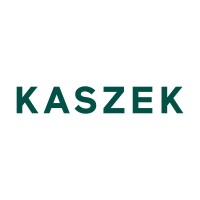
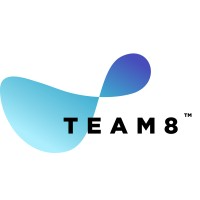
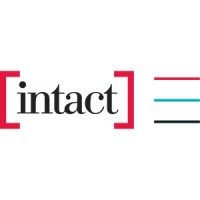

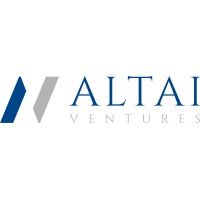

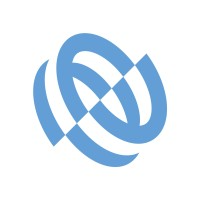
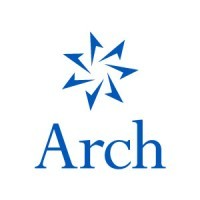

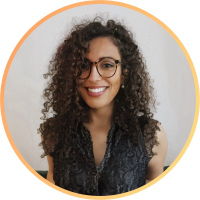
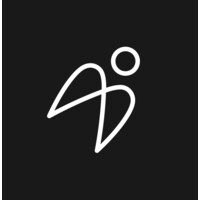




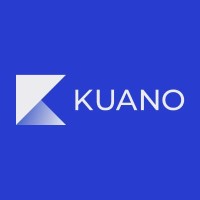

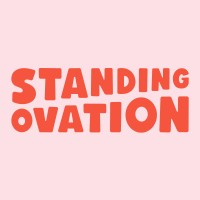






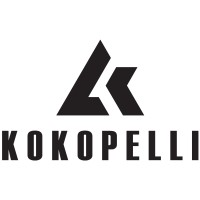
 Maazah | $2,000,000 | (Feb 24, 2026)
Maazah | $2,000,000 | (Feb 24, 2026)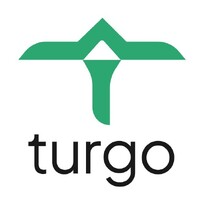 Turgo.ai | $1,000,000 | (Feb 24, 2026)
Turgo.ai | $1,000,000 | (Feb 24, 2026) Sherpas | $3,200,000 | (Feb 24, 2026)
Sherpas | $3,200,000 | (Feb 24, 2026) Patientdesk.ai (YC W26) | $1,000,000 | (Feb 24, 2026)
Patientdesk.ai (YC W26) | $1,000,000 | (Feb 24, 2026)
 Aalyria | $100,000,000 | (Feb 24, 2026)
Aalyria | $100,000,000 | (Feb 24, 2026) Ubicquia, Inc | $106,000,000 | (Feb 24, 2026)
Ubicquia, Inc | $106,000,000 | (Feb 24, 2026) Freeform | $67,000,000 | (Feb 24, 2026)
Freeform | $67,000,000 | (Feb 24, 2026) Coral Care | $13,000,000 | (Feb 24, 2026)
Coral Care | $13,000,000 | (Feb 24, 2026) Reload | $2,275,000 | (Feb 24, 2026)
Reload | $2,275,000 | (Feb 24, 2026)